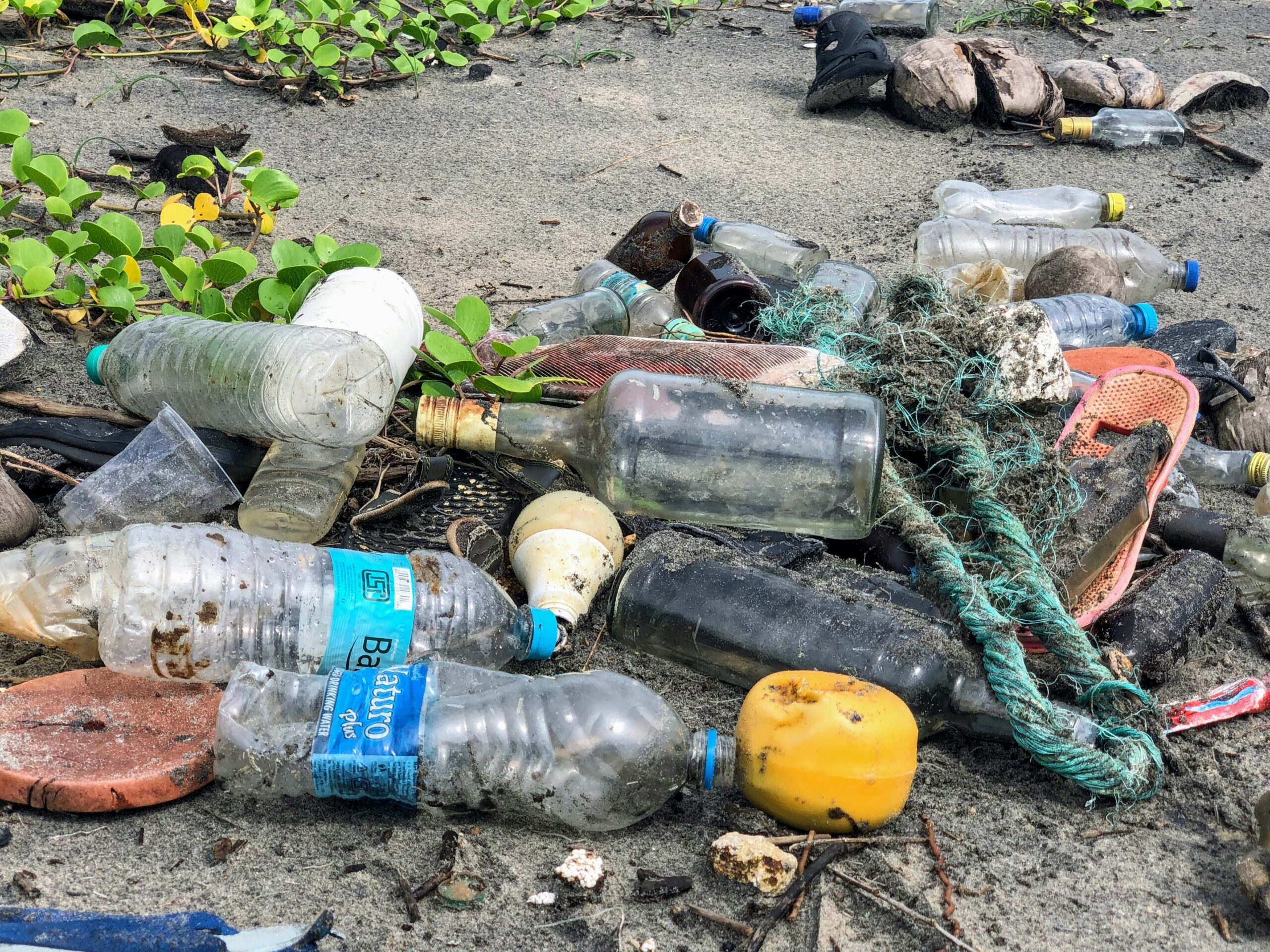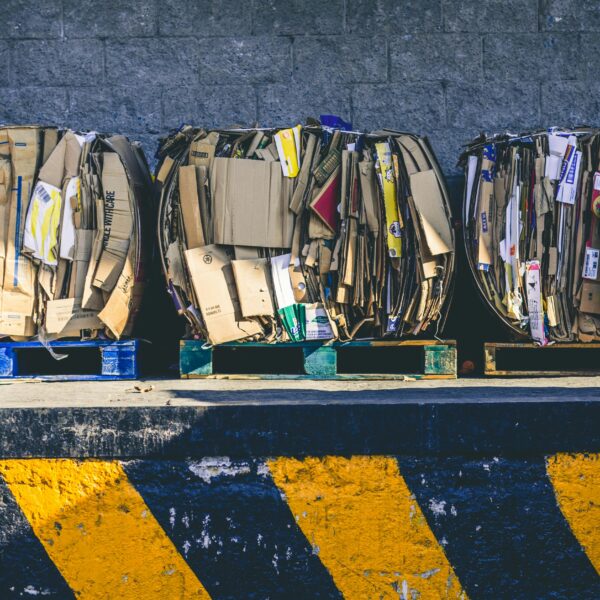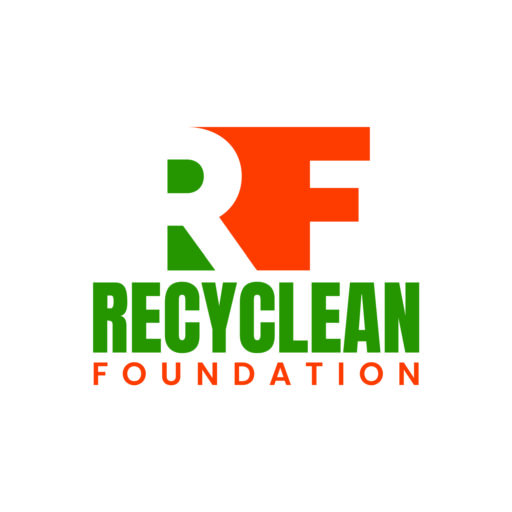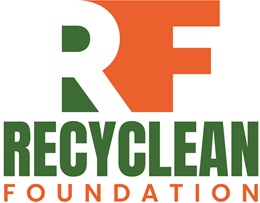
Nature vs Progress: Reconciling Environmental….
Nature vs Progress: Reconciling Environmental Protection with Industrial Development in Nigeria
Nigeria’s pursuit of industrialization and economic growth has come at an environmental cost, casting a shadow over the nation’s once-natural environment.
As factories belch plumes of toxic emissions and industrial waste into waterways, the delicate balance of nature is being damaged giving rise to environmental threats.
In the year 2022, the World Health Organization reported that air pollution in Nigeria causes an estimated 64,000 premature deaths annually.
Major cities like Kano, Lagos, and Port-Harcourt, notable for their vibrance and environmental richness now find themselves battling environmental hazards.
The level of PM2.5 and PM10 in these urban centers frequently exceeds the World Health Organization’s recommended limits, which according to World Air Quality in 2021, poses significant risks for respiratory diseases, cardiovascular problems and premature mortality.
Causing equally significant adversity is the pollution of our waters. A noteworthy instances are those of factories that dump harmful chemical wastes and pollution directly into the rivers, lakes and waterways.
The Niger Delta region, renowned for its vast mangrove forests and rich aquatic life, for example, is heavily affected by this.
Chronic spills and industrial pollution have left a trail of environmental degradation, contaminating water sources and even putting the livelihood and health of local communities at risk.
Furthermore, Nigeria also has one of the world’s highest rates of deforestation as trees are chopped for industrial development, farms and urban expansion. According to the Food and Agriculture Organization [FAO, 2020], Nigeria lost an estimated 1.2 million hectares in just 20 years from 2001-2021. Deforestation destroys habitat, increases soil erosion, and disrupts the water cycle.

As Nigeria pushes for more industrialization and development, the environment is at risk of degradation.
However, there are ongoing development on how this could be managed; on how the industrial age of the country can progress, while the environment is preserved.
Some means are outlined below.
Government through the appropriate regulatory agencies should create a framework to control and manage environmental pollution. This should involve ways and means for which individuals, corporate bodies, organisations, businesses, etc. would collect and dispose their wastes, and also penalties for flouting them.
The government should embark on large scale green economy advocacy to ensure environmental sustainability.
Industrial companies should adopt modern technologies and practices aimed at reducing waste and pollution (UNDO, 2020) This is given the criticality of waste disposa. In context, over 70% of Nigeria’s trash isn’t properly collected (World Bank, 2020).
Planting more trees is key to reviving Nigeria’s quickly disappearing forests (FAO, 2020). Trees are crucial for soaking up carbon pollution, preventing soil erosion and preventing soil erosion and providing wildlife habitats.
Consequently, Nigerians need more education on protecting the environment (Okoye & Obikieze, 2016). If people understand how littering, open burning of waste and other improper waste management affects environment, they can cultivate a collective behaviour that will foster positive aatitdes towards environmental sustainability.
Through governmental intervention, sustainable business practices, innovation, community engagement, public awareness and sensitisation, Nigeria’s industrial progression can continue at a pace that is driven by the vehicle of greenery.




точный прогнозы на футбол [url=http://kompyuternye-prognozy-na-futbol3.ru]точный прогнозы на футбол[/url] .